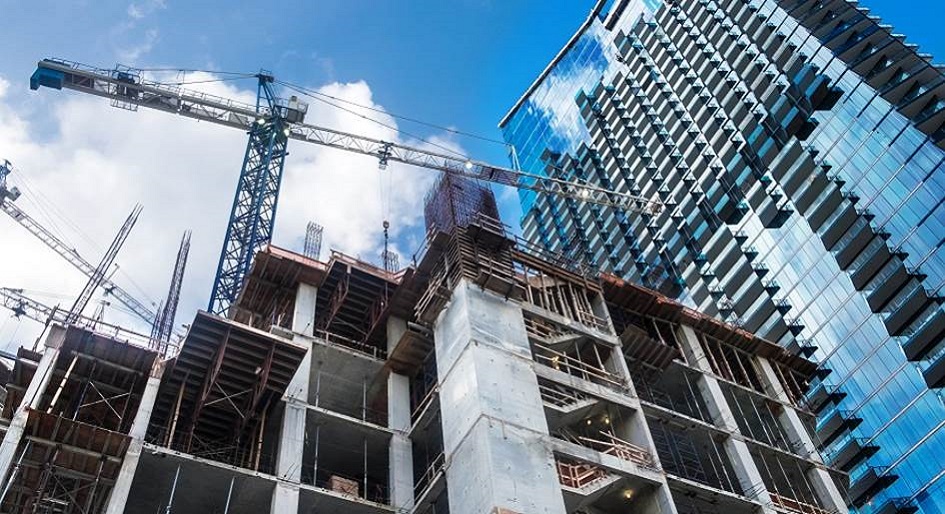The City of Toronto’s plans to stop after-hours concrete work on high-rise buildings will threaten thousands of jobs and delay the arrival of much-needed condo and rental units. The warning comes from the Residential Construction Council of Ontario (RESCON) one week before the Toronto City Council is set to remove a noise bylaw exemption that currently protects concrete that “cannot be interrupted once the operations have commenced.”
“The last thing our industry needs is more red tape. This hurts housing supply at every level, including purpose-built rental and affordable housing,” says Richard Lyall, president of RESCON. “This action will also further hinder development in Toronto where high-rise construction is already challenging given the level of city congestion impeding concrete deliveries. There will be unintended consequences; further discussion is required before a vote to remove the current exemption.”
The bylaw exemption has been in place since 2007 and permits concrete finishing past 7pm. Without it, RESCON says current work on 112 high-rise projects representing more than 32,000 units could be delayed up to ten months.
Project delays notwithstanding, Jason Ottey, director of government relations and communication for LiUNA Local 183 predicts a large number of jobs will be impacted when the change comes into effect on October 1: “The move by the City of Toronto puts over 7,000 members’ jobs under threat – but this number only reflects high-rise forming. There would be a snowball effect on other trades such as plumbers and electricians, whose workflow is contingent on the pace of work. If you include those trades, it’s easily over 9,000 jobs.”
The motive behind removing the exemption is also under question. Research by the Toronto’s Municipal Licensing and Standards (MLS) indicates 66% of residents do not have concerns about noise in the city and only 8% have specific issues with construction noise. Furthermore, the study shows residents are generally more understanding of “construction activities that cannot stop once they have started (for example, continuous concrete pouring).”
“It’s mystifying why the City is targeting housing without supporting data as this will kill jobs and reduce supply,” says Lyall. “We want to work with the City of Toronto and address residents’ concerns. We have proposed the implementation of a noise management plan for each project so we can come to a resolution that balances the needs of existing and future residents.”
Ottey adds: “Residential construction represents an economic engine for Toronto. In fact, Toronto leads all North American cities in high-rise building construction because of strong demand and short supply – there’s a lot on the line. That’s why we strongly believe this amendment needs more thought and deliberation.”
Toronto City Council is slated to remove the exemption on April 16.





